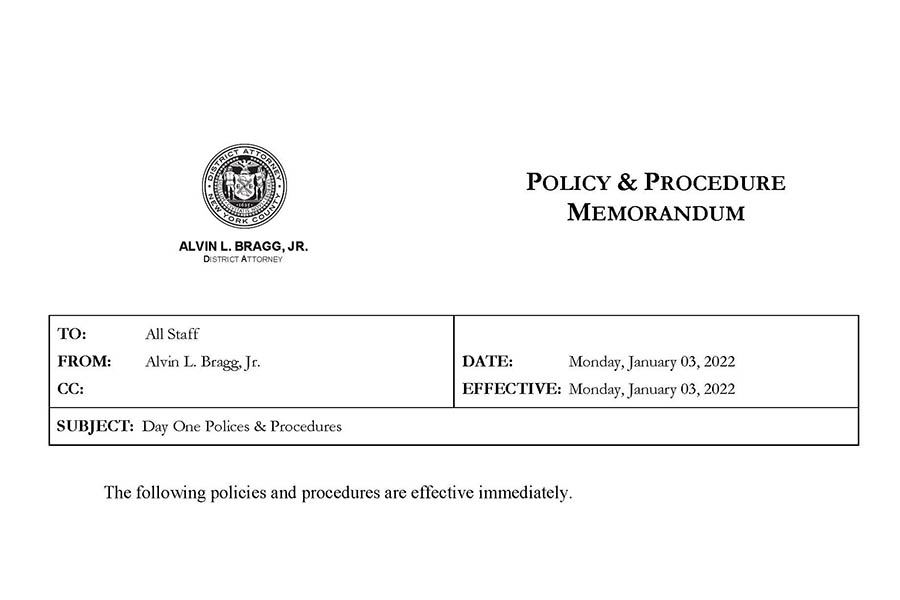In many states, prosecutors and defense attorneys have the ability to sentence bargain, meaning that in addition to determining what charges the client agrees to plead to, they also agree to a specific sentence that the court must then accept or reject. In the very few cases where the court rejects the sentencing recommendation, the client is afforded the opportunity to withdraw the guilty plea or accept the sentence as determined by the court. The federal system is much different.
In the federal system a client negotiates the specific charges that he pleads to and the court determines the sentence based upon:
- The advisory United States Sentencing Guidelines’ range,
- The Pre-Sentence Report from Probation, and
- The sentencing submissions from both the Assistant U.S. Attorney and defense counsel.
The defendant’s sentencing submission is extremely important because it has the ability to persuade the court to sentence the person to levels below the advisory Guidelines’ range, and below the sentence sought by the government.
Recent surveys of federal judges reveal the importance of several key factors in their sentencing determinations. These factors include:
- Details of the defendant’s mental health or substance abuse issues and how they relate to the offense(s) committed;
- Whether the defendant was abused as a child or faced other harsh conditions that would help put the offense in context;
- Whether the defendant ceased their criminal activities prior to the investigation becoming known or the arrest;
- The defendant’s lifestyle and good deeds, or community minded service, prior to arrest;
- The reason(s) for the defendant’s criminal conduct;
- Why the defendant is unlikely to commit future offenses;
- What has the defendant done to demonstrate or express sincere remorse; and
- The defendant’s sincere remorse expressed at sentencing.
These issues should be addressed and explained in an orderly and persuasive manner in defense counsel’s sentencing submission to the court. Carefully screened letters from family and friends may be highlighted and attached as exhibits and statistical analysis for the types of crimes and likelihood of recidivism may also be included. The background of the defendant and any mental health issues explaining or putting the offense in context are important, as are the characteristics that distinguish this defendant and his matter from similar cases.
Providing the court with relevant, specific sentencing factors may motivate the court to deviate from the advisory Guidelines and sentence the defendant to less time. A detailed and compelling sentencing submission requires substantial time and experienced defense counsel.
Stahl Gasiorowski Criminal Defense Lawyers have successfully represented hundreds of state and federal clients, and have written individualized sentencing submissions for decades. We take the time to carefully identify, explore and highlight every possible favorable sentencing factor to the court to obtain the best possible results for our clients. To contact the firm, call 908.301.9001 for the NJ office and 212.755.3300 for the NYC office, or email Mr. Stahl at rgs@sgdefenselaw.com.




Leave A Comment